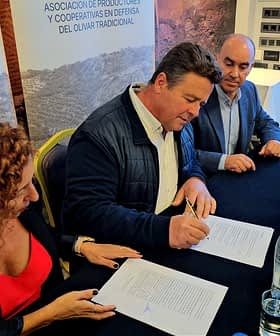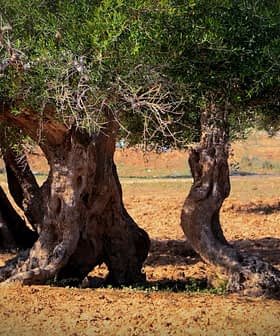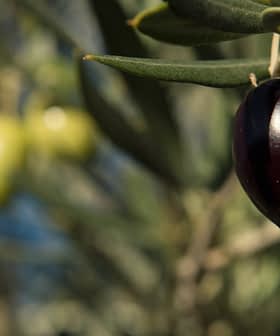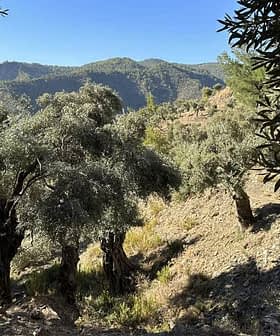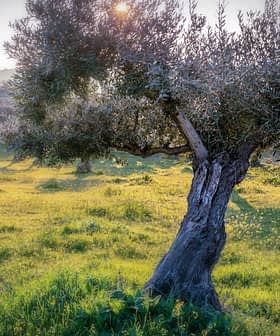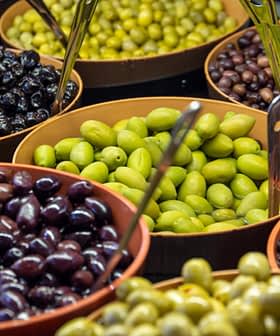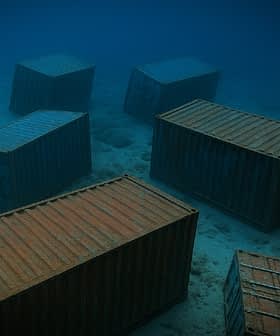 5.2K reads
5.2K readsBusiness
In Bid to Boost Exports, Algeria Plants Millions of Olive Trees
Algeria is planning to plant 400,000 hectares of olive trees by 2024, nearly doubling the current amount of olive groves in the country, in an effort to boost olive oil exports and modernize production methods. The initiative is part of a larger plan to stimulate the olive sector, which currently faces challenges due to traditional and fragmented farming practices, high production costs, and the impact of climate change on agricultural production.
A new initiative is underway in Algeria to plant 400,000 hectares of olive trees across the country by 2024.
Belaâsla M’hamed, the president of Algeria’s National Interprofessional Council for the Olive Sector, said the program will almost double the total amount of olive groves currently grown in the country, estimated to be 500,000 hectares.
It is clear that climate change and all the related effects have negatively affected agricultural production on a planetary scale, hence the need for us to organize ourselves more
The announcement comes on the heels of a separate initiative from the Algerian government to stimulate olive oil exports by lowering bureaucratic hurdles and providing more resources to producers and exporters. The government sees olive oil as one of the sectors in the country with the highest development potential.
According to data from the Observatory of Economic Complexity (OEC), Algeria exported $178,000 (€150,000) worth of virgin and extra virgin olive oil in 2019 (the last year for which data are available), an increase of more than 1,000 percent since 2000.
See Also:Tunisia Works With Producers to Add Value to Branded ExportsAlgeria also exports non-virgin olive oils blended with other vegetable oils and lampante olive oil, but in far lower quantities.
The North African country is the ninth-largest olive oil producer globally, but about 99 percent of its annual production is destined for domestic consumption.
According to data from the International Olive Council, 2020/21 was a poor crop year, but producers still yielded 89,500 tons. The total represents a significant dip from the record-high 125,500 tons of 2019/20 and falls just below the rolling five-year average.
Algeria is also the fourth-largest producer of table olives, harvesting 309,500 tons in the current crop year, the second-highest total in the nation’s history. According to the OEC, table olive exports are worth $59,000 (€50,000) per annum.
However, M’hamed argued that the largely fragmented and traditional production methods used by most of the country’s olive farmers are inefficient and hold the sector back from reaching its full potential.
“Some farmers versed in olive production extract the oil themselves, a situation which should no longer be recognized for greater efficiency of the production process and which may affect quantity and quality,” he told a meeting of the olive sector in the northern city of Aïn Defla.
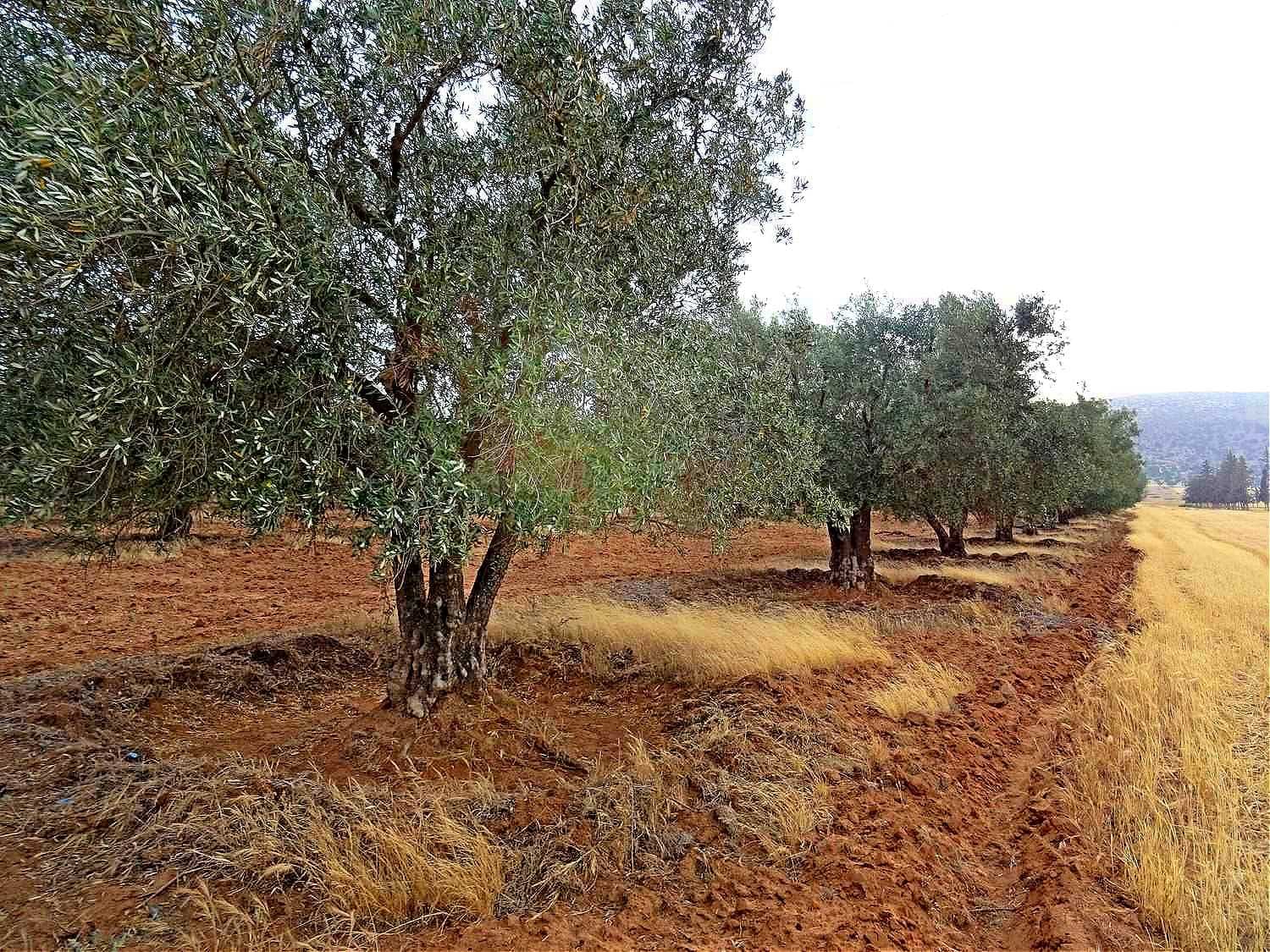
Traditional basin irrigation in Algerian olive groves. Photo: Nabil Kherbache.
According to an analysis from Juan Vilar Strategic Consulting (which estimates that there are only 390,000 hectares of olive groves in the country instead of 500,000), about 75 percent of the country’s olive trees are traditionally grown. Many of these trees are used for subsistence farming, which local growers see as more economical than entering the export market.
M’hamed is advocating for the sector to become more integrated and said that in so doing, olive farmers would be able to drive down production costs, which are viewed as one of the biggest hurdles for stimulating olive oil exports.
“Currently, olive oil costs between 700 dinars (€4.43) and 800 dinars (€5.07) per liter, a situation that must change if we want to be competitive with regard to exports,” M’hamed said.
One of the ways in which M’hamed believes the sector can drive down production costs is to modernize its olive groves, converting traditional groves to high-density and super-high-density farms, which only make up 19 percent and six percent of all the country’s olive groves, respectively.
He argued that this would help drive down costs associated with harvesting olives and mitigate the impact of the trees’ natural alternate bearing cycle.
Hadj Djaâlali, the director for the local chamber of commerce, agrees. At the meeting, he said that taking these steps would double the value of the country’s olive oil exports, “ensuring additional inflows in foreign currency for the country.”
The additional capital could then be used to invest in the sector, preparing it for the increasingly hot and dry weather expected as a result of climate change. According to data from Juan Vilar Strategic Consultants, about 18 percent of Algeria’s olive groves are irrigated.
This percentage would need to increase dramatically as data from the World Bank demonstrate that rainfall at crucial moments in the olive growing season is steadily decreasing. The World Bank also predicts that average precipitation from March to May will fall by 16 percent over the next 30 years.
“It is clear that climate change and all the related effects have negatively affected agricultural production on a planetary scale, hence the need for us to organize ourselves more,” M’hamed said.


